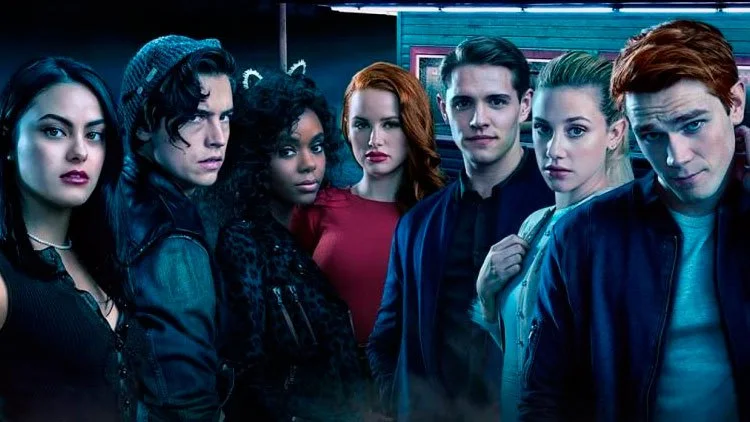The Intimacy of Nemeses in Fiction
Spoiler alert? Everything I’m referring to is old so if you are worried about Harry Potter, DS9 and multi-year-old Dr Who spoilers, then now you are duly warned.
Stories are defined by the antagonist just as much as the protagonist. It’s why a good villain can make or break a movie – Loki made the Avengers in many ways. And just as those two characters define and shape a story, so does their relationship with each other.
A couple days ago I was chatting with a friend about Doctor Who and the “Missy” incarnation of the Master and how she is my favorite version of the character specifically because the story emphasizes the intimacy between the two. I am still a couple seasons behind (Danny Pink’s death was very upsetting) but from what I’ve seen, the idea that the Doctor and the Master were so involved in another’s lives for that long has made them closer to each other than anyone else in the universe, including any companion, makes sense to me.
To be clear, I’m not using the word “intimacy” in a physical or romantic sense. Intimacy is primarily defined as a close, emotional familiarity. It can be, and often is, physical and/or romantic, but that’s not required. At the end of the day, the point is that you truly know and understand the other person. And that, I think defines the relationship between fictional nemeses. Just as you can’t hate someone who doesn’t matter you, you can’t have an archenemy without a high level of understanding and emotion between you.
Thanks to Hark, a Vagrant for making this cartoon and my girl Hannah for sending it to me
Often enough in heroic literature, there is a clear, mystical and/or familial bond that creates that intimacy. In Harry Potter, for example, Harry literally has a piece of Voldemort’s soul inside him, creating a profound connection that helps Harry both understand and ultimately defeat Voldemort. Darth Vader is Luke’s father and the intimacy between them, created by that bond, defines Luke’s hero journey. To use the requisite Star Trek example, Gul Dukat in DS9 absolutely believes in the primal importance of his relationship with Captain Sisko (regardless of Sisko’s opinion on the matter) to the point where at the end of the series, they are both pledged to opposing gods and end up in a divine showdown.
One oft-used analogy is that nemeses are people are engaged in an epic chess match, but I think that ignores the emotional component of this sort of relationship. Dumbledore and Voldemort were not nemeses. They were rival magicians, leaders of armies in a fight against the other, an epic chess match as it were, but they were never the most important opponent to the other. Dumbledore’s nemesis was Grindlewald - a man he loved but may or may not have murdered his sister. It was emphatically not Voldemort, who instead had a child with a fellow mixed-magic background and eventual fellow orphan as his nemesis.
In order to have a true nemesis in fiction, there needs to be a level of understanding and connection. The idea of a nemesis, is one who is, by and large, “equal but opposite” of the protagonist. Moriarty and Sherlock are equally intelligent but they took different paths and thus end up as foils for the other.
Which is the pull of a nemesis relationship. You understand them, and they understand you. An unknowable enemy is effectively useless - because you have nothing to base your actions off of or have zero skin in the game. Or both. Whether the protagonist wants to redeem or utterly destroy their nemesis, there is skin in the game because it’s personal.
Nemesis-ship taken to its logical conclusion
Power equality is less important than the emotional connection. While I don’t have a huge spreadsheet of all the hero/ines and their nemeses (although now I kind of want to make one), my general understanding is that the hero/ine is almost always technically outmatched, but is an equal to their opponent on another (often spiritual) level.
The intimacy between nemeses provides emotional heft to a story and drives both plot and characterization. It can provide the emotional core of a story as much, or often more, than a romantic relationship in a story. Without the intimacy, the relationship, between nemeses, stories would be far flatter and less interesting. After all, if a good villain can make a story, a good nemesis can take it to that next level.






